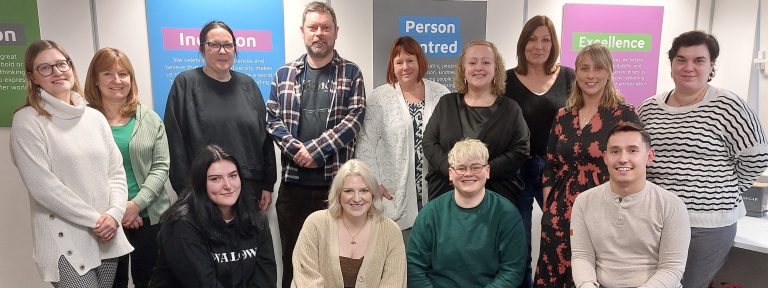It’s now July, which brings with it a celebration that many may not be aware of. July is Disability Pride Month, an event that began in America over 30 years ago and is celebrated in many other countries, including the UK. So how did it all start? The origins of Disability Pride Month Disability Pride
News
Do you claim Personal Independence Payment (PIP) or are you a carer for someone who does? Would you like to share your views on the government’s latest proposals to ‘modernise’ the benefit system? The latest health and disability green paper proposes significant changes to the disability benefit PIP. A green paper is a type of
People always ask me, ‘Well don’t you get your prescriptions free because of your impairment?’. The answer is ‘no’. Unfortunately a lot of chronic health conditions do not meet the criteria for a medical exemption card as it is a surprisingly short list. So, it is important to know that there is another option. With
Independent Lives has today released a comprehensive report detailing the severe impact of the cost-of-living crisis on disabled people and carers in Sussex. The research, conducted over 12 months and funded by NHS Health Education England, reveals a community struggling to manage their most basic needs: Disabled people and carers forced to make difficult choices
Independent Lives’ care team has won the prestigious care team award at the highly esteemed 2024 West Sussex Partners in Care (WSPiC) awards. This significant accolade underscores the team’s outstanding dedication and innovative care to individuals across the county. The award highlights several remarkable achievements by the care team over the past year. During the
Independent Lives, a user-led charity dedicated to changing the lives of disabled people, people with support needs, and carers, has today released its 2023 Impact Report. The report showcases the charity’s significant achievements and the positive impact it has made on thousands of people’s lives across Sussex and Croydon over the past year. Key highlights
In an ambitious effort spanning the last twelve months, the Direct Payment team at Independent Lives has played a crucial role in enabling disabled people throughout West Sussex to benefit from the Government’s Household Support Fund. The Household Support Fund scheme supports vulnerable households with the recent significant increase in cost-of-living. The Department of Work
Independent Lives has been awarded a contract from East Sussex County Council to provide support to disabled people in the county. The service will ensure that recipients of Direct Payments have access to support from highly trained and experienced staff. Support is provided by our Information and Advice team and specialist Direct Payment website PA
A recent report by the Work and Pensions Committee, calls on the Government to act to increase financial support for those who need it most. The cross-party group of MPs has proposed the introduction of a new standard for determining benefit levels that would accurately reflect the cost of living. This recommendation aims to ensure
In the first part of a three-part series, our comms volunteer Sarah talks about her experiences raising her son, Jamie. By the time my son’s severe (mostly non-verbal) autism became clear at age three, the health issues that had affected me from age 18 were beginning to return. I had suffered from what was eventually









